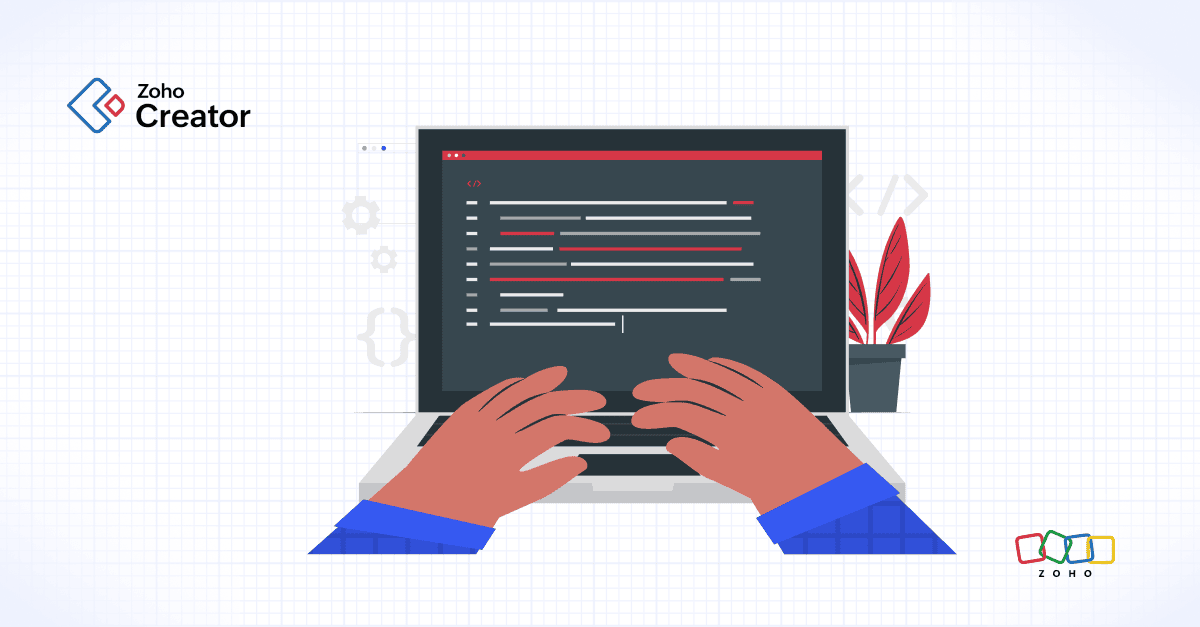- HOME
- Know Your Tech
- 5 must-have modules in a transportation management system
5 must-have modules in a transportation management system
- Last Updated : April 20, 2023
- 12.2K Views
- 5 Min Read
A transportation management system (TMS) is used by organizations to administer, control and manage the transportation aspect of the entire supply chain, as well as logistics.
According to Gartner, this includes planning freight movements, doing freight ratings and shopping across all modes, selecting the appropriate route and carrier, and handling freight bills and payments.
Organizations use a TMS for a variety of reasons:
Implementing a lean and efficient supply chain
Simplifying logistics processes
Carrier management
Freight tracking and freight management
Route planning and optimization
Gaining business insights
…and more.
The TMS makes up an integral platform of the supply chain because of the central role it plays in every part of the process—from planning and procurement to logistics and lifecycle management.
Today we’re going to look at five modules any competent TMS should possess for effective leverage in the supply chain. Later, we’ll also explore why harnessing the low-code platform Zoho Creator to build an optimal TMS solution for your business is the best option.
Order management module
Effective order management involves the seamless integration of order data originating from multiple systems such as inventory databases, fulfillment systems, and vendor databases. It needs to provide users with a granular view of all the stages in the lifecycle of an order, from order placement to order fulfillment.
This module should also have features to ensure that orders are not lost, delayed, or damaged during the fulfillment process. The order management module can enable clients, customer service representatives, and managers to track orders in real time anytime and anywhere.
The order management module should tightly integrate with the TMS to:
Generate optimal routing plans for the orders.
Handle changes in transportation demands based on the types of orders.
Synchronize delivery processes to match customer expectations (in the case of same-day deliveries).
Integrate delivery data.
Freight management module
Freight management is an important aspect of any logistics operation. Inefficient freight management will lead to massive losses if left unchecked. Manual freight management is outdated in today’s era of cloud-based freight management systems, and it is vital that the TMS possesses a capable freight management module.
This module should:
Be able to predict freight charges. This freight charge estimation feature will assist in cost estimation and financial planning. Using this feature, users can calculate freight tariffs, which may vary from region to region. Also, the freight charge module should be able to predict cost accurately across different orders and order types.
Be able to permit carrier self-invoicing. Every carrier will have its own invoicing requirements, and it is essential that the freight management module allows carriers to self-invoice.
Possess a settlements feature to manage invoice disputes. This will save enormous time in case of disputes that may arise with carriers.
Transportation module
The most crucial module of any TMS. This module contributes to making the supply chain lean and efficient. It makes up the backbone of the TMS. Transportation costs form the most of the economy of any logistics endeavor, and this module assists in tracking the expenditures throughout the supply chain.
It should possess features such as:
Route optimization and consolidation. In addition to route optimization, a method to granularly view the routes taken by the trucks and freighters will assist trip supervisors in effective trip planning and execution.
Support for multi-modal transportation. This is essential when 3PL and 4PL providers are involved in the supply chain of the company.
Hassle-free updates of freight documents by digitizing them and using a digital interface and mobile applications for information updates.
Fleet and freighter tracking, as well as information management.
Fleet capacity management.
The ability to facilitate easy communication between stakeholders by effectively using collaboration tools. Instant mobile notifications are one such must-have feature.
Performance-monitoring feature. This feature is vital to gauge the efficiency of the entire fleet. By monitoring the fleet’s performance, bottlenecks can be identified and then resolved. An efficient fleet is a profitable fleet.
Customer service features. This feature should ideally grant the ability to contact the customer support representative. This is essential in case any questions arise concerning the shipments, invoices, and fleet during any stage of the fulfillment process.
An effective implementation of EDI (Electronic Data Interchange) for the seamless flow of data throughout the supply chain. The EDI implementation will also ensure that the organization is not burdened by the heavy use of paper-based documentation.
A carrier-management feature. This feature will assist in managing carriers and carrier contracts, and it will provide a way to rate carriers based on their performance, thus helping the organization choose the right carriers.
A feature that enables the audit and verification of each shipment to deal with any future issues that may arise.
Manufacturing module
A dedicated module for the administration of the manufacturing domain will enhance the efficiency of the supply chain.
Desirable features in the manufacturing module of a TMS are:
Inventory control and management. This assists in optimally maintaining the stock reserves in the warehouse.
Operations management. This feature ensures that products arrive on schedule to service consumer demands properly and are shipped immediately when orders are placed. This feature also monitors the performance throughout of warehouse personnel.
Asset management. This reduces costs and risks, maximizes the return on assets, and reduces the TCO (total cost of ownership).
Analytics and reporting module
Digitized processes generate troves of data. Refining this data gives information that can be utilized to gain insights into operational efficiency. An analytics and reporting module will facilitate the conversion of raw operational data into actionable information. This actionable information can assist the decision-makers and an organization’s powers-that-be to make the right decisions at the right time, fueling the organization’s growth.
The analytics and reporting module should possess features such as:
A feature for the collection, analysis, and summary of transportation and supply chain metrics across the whole organization.
A feature for the generation of insightful reports on expenses, fleet performance, invoices, and personnel management.
The ability for stakeholders to share all the generated reports within and outside the organization. This will assist in cross-team collaboration.
Business Intelligence capabilities that will assist in profit & loss (P&L) estimation.
This feature will also assist in evaluating the effectiveness of existing organizational processes. Processes that are dead weights to the organization can be identified by this feature. Tweaking them based on the insights obtained can lead to increased organizational efficiency.
The optimal TMS solution
Enterprise resource planning (ERP) software for TMS is expensive and complicated. On the other hand, off-the-shelf TMS software will be generic and will ship with only a set of predefined features. The comprehensive features discussed above cannot be provided in any generic software other than a custom one. This is where low-code custom application development platforms such as Zoho Creator come to the fore.
Zoho Creator requires no prior programming knowledge, and any personnel belonging to the logistics industry can begin building a custom TMS solution quickly without any difficulty whatsoever. What’s more, all that’s required to begin building your custom logistics applications are a web browser and an internet connection.
Leverage the capabilities of Zoho Creator to build an effective custom TMS for your logistics company and reap benefits such as the independence from hiring expensive IT teams, 10x faster application development, and massive monetary savings.
 Prasanna Venkatesh
Prasanna VenkateshPrasanna Venkatesh is a Marketing Analyst at Zoho, for the low-code platform Creator. His work experience spans Marketing, Software Engineering, QA, and Customer Support.




Comments(1)
Hi! I found your website on google and I found it very useful and informative and I also shared your website with my other friends and they also found it very useful. Here I share my website with you if you have any damaged cars and unwanted cars and want to sell it for top cash you can get contact with us We are locating in Sydney Australiahttps://www.fast-transport.sydney/sydney-container-transport/ transport Sydney //fast transport/">fast transport Sydney